The 2026 Commonwealth Games in regional Victoria are not just about breaking records. They present an opportunity to create a lasting legacy in our regions and help protect our planet through two simple measures.
Most Victorians want these Games to be a success. But what defines success? The number of medals for our athletes? Is it the number of visitors to the regions? Jobs created? Revenue generated?
Given the current climate crisis, hosting sustainable games with a long-term legacy should be a measuring stick for success. And with two simple measures, this can be a reality.
The first measure is obvious: using timber for the Games infrastructure and building accommodations for athletes and their entourage – and beyond.
There is no need to reinvent the wheel – there are best-practice examples everywhere. The Paris Olympics’ climate strategy aims to slash greenhouse gas emissions and offset any residual emissions linked to the event. The French host nation is also making sure that emissions during the construction phase are greatly reduced, especially for the athletes’ village and media apartments.
The Birmingham Commonwealth Games in 2026 were the first carbon-neutral games. In Brisbane, host of the 2032 Olympic Games, plans are in the work to not only rival but eclipse France to become a climate-positive event. In other words, the Olympics will have a positive impact on the climate. Using timber in construction will play a vital part here.
Timber reduces the carbon footprint of housing by replacing more energy-intensive building materials such as cement and steel. Each two-storey house sequesters around 37 t CO2-e. It’s an amazing opportunity for the timber industry to shine and make a real difference to the environment.
Many nations will be looking toward Victoria in 2026 – this is a unique opportunity for the Victorian Government to put its money where its mouth is. Disappointingly, recent media reporting suggests that the Government wants to house at least some participants in converted garages as temporary bedroom facilities. Such ‘solutions’ are far from long-term thinking. Feasible alternatives such as modular housing are well-established, and creative solutions such as 3D-printed houses using wood fibre technology now exist.
After the games, prefabricated housing could be repurposed in regional areas most in need of housing, including disaster relief and social housing, tourism (e.g., caravan parks), farm stays, or accommodation for seasonal and farm workers.
Of course, emissions generated through travel remain a factor. But this is where the second measure comes in. The Games’ residual emissions can be offset by creating a Commonwealth Games Plantation Estate, which will benefit future generations. Planting trees is more cost-effective than other options to reduce emissions, and trees naturally turn carbon dioxide into carbon-rich wood. The plantation sector is ready to co-invest and partner with the government while the agriculture sector can contribute through farm forestry as part of the farming enterprise.
New plantations would not only benefit a one-off event like the Commonwealth Games. Victoria urgently needs to build 60,000 new homes for social housing over the next decade. The Age recently reported that the Andrews government is considering a plan to help squeeze an extra million homes into Melbourne’s suburbs by 2050. The Victorian Government is investing to deliver 9,300 social houses as part of its Big Housing Build program and has targeted 18 rural and regional local government areas for funding. Most also cover Victoria’s forestry regions and the Commonwealth Games regional centres. The challenge is to deliver housing while the global demand for wood will outstrip supply by four-fold by mid-century. A Commonwealth Games Plantation Estate will provide Victoria with additional wood for houses and timber for paper, cardboard, pallets, and non-construction wood fibre products such as MDF and particle board products.
The Commonwealth Games present an opportunity to close the housing gap, achieve net-zero emissions, and create a sustainable future for future generations. Victorian forestry calls on all relevant ministers and planners to collaborate and deliver a true legacy. Let’s go for the gold!
Deborah Kerr is the CEO of the Victorian Forest Products Association.
